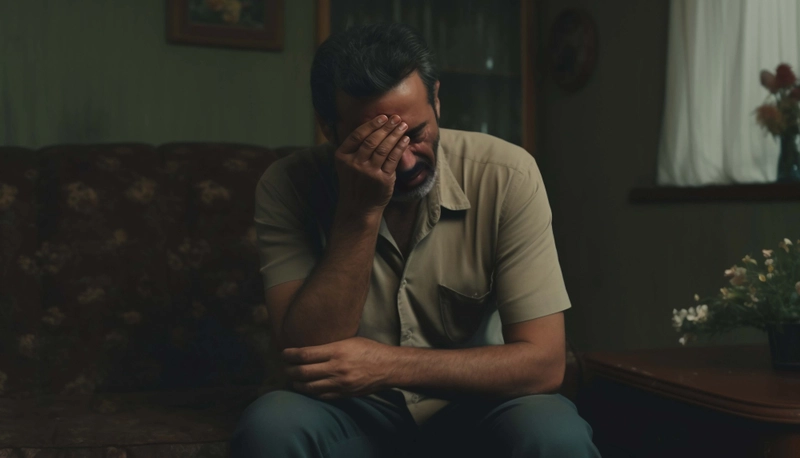- Published on: Sep 11, 2025
- 1 minute read
- By: Secondmedic Expert
Why Spicy Food Triggers IBS Symptoms
Irritable Bowel Syndrome (IBS) is one of the most common digestive disorders affecting people worldwide, including millions in India. Symptoms such as abdominal pain, bloating, diarrhea, or constipation can be difficult to manage, and food is one of the biggest factors that influence IBS flare-ups. Among all the dietary triggers, spicy food is one of the most commonly reported problems.
But why does spicy food affect people with IBS more severely? Let’s break it down.
1. Capsaicin: The Main Culprit
The compound that gives chili peppers their “heat” is called capsaicin. In healthy individuals, capsaicin simply causes a burning sensation in the mouth and digestive tract, but in IBS patients, the intestines are hypersensitive. This means even small amounts of capsaicin can overstimulate nerves in the gut, leading to cramps, diarrhea, and discomfort.
2. Heightened Gut Sensitivity
People with IBS have something called visceral hypersensitivity. This means their intestines overreact to normal digestive processes. When spicy food is consumed, the already-sensitive gut nerves send stronger pain signals to the brain, making the discomfort feel worse than in people without IBS.
3. Faster Bowel Movements
Capsaicin not only irritates the intestines but also speeds up bowel contractions. This explains why many IBS patients experience sudden diarrhea after eating heavily spiced meals. For those with IBS-D (diarrhea-predominant IBS), this effect can be especially severe.
4. Gut-Brain Axis Stimulation
IBS is not just about the digestive tract; it’s closely linked with the brain through the gut-brain axis. Spicy food overstimulates nerves, which worsens anxiety and stress responses. This cycle can further aggravate IBS flare-ups.
5. Individual Tolerance Levels
It’s important to note that not all IBS patients react the same way to spicy foods. Some may tolerate mild spice, while others may react even to a small amount of chili powder. Keeping a food diary helps identify personal tolerance levels.
How to Manage IBS if Spicy Food Is a Trigger
-
Limit chili and pepper – Avoid raw chilies, red chili powder, black pepper, and spicy pickles.
-
Choose mild flavors – Use herbs like coriander, cumin, turmeric, and fennel for flavor without triggering symptoms.
-
Try smaller portions – If you love spice, eat it in smaller amounts instead of eliminating completely.
-
Adopt a low-FODMAP diet – This dietary approach is often recommended for IBS and helps identify other triggers.
-
Manage stress – Since stress worsens IBS, relaxation techniques like yoga and meditation can help.
Conclusion
Spicy food triggers IBS symptoms because of compounds like capsaicin that irritate the gut, increase bowel sensitivity, and speed up digestion. While tolerance varies among individuals, most IBS patients find relief by reducing or avoiding high-spice meals.
If you struggle with IBS and food triggers, consult a specialist or get an online second opinion at SecondMedic to personalize your diet and treatment plan.
Read FAQs
A. Because compounds like capsaicin irritate the gut lining, increase sensitivity, and speed up bowel movements.
A. Not always. Tolerance levels vary, but most people with IBS find spice a trigger.
A. Chili, red pepper, black pepper, and strong masalas are common culprits.
A. Yes, switching to mild seasoning and avoiding chili-heavy foods often helps.
A. Lifestyle changes, diet modifications (low-FODMAP), stress management, and doctor-prescribed medication can help.
Our Services
Request A Callback
Recent Posts
Why Recurring Sore Throat Can Be a Serious Issue
Sep 15,2025
Health Risks of Skipping Breakfast Regularly
Sep 13,2025









